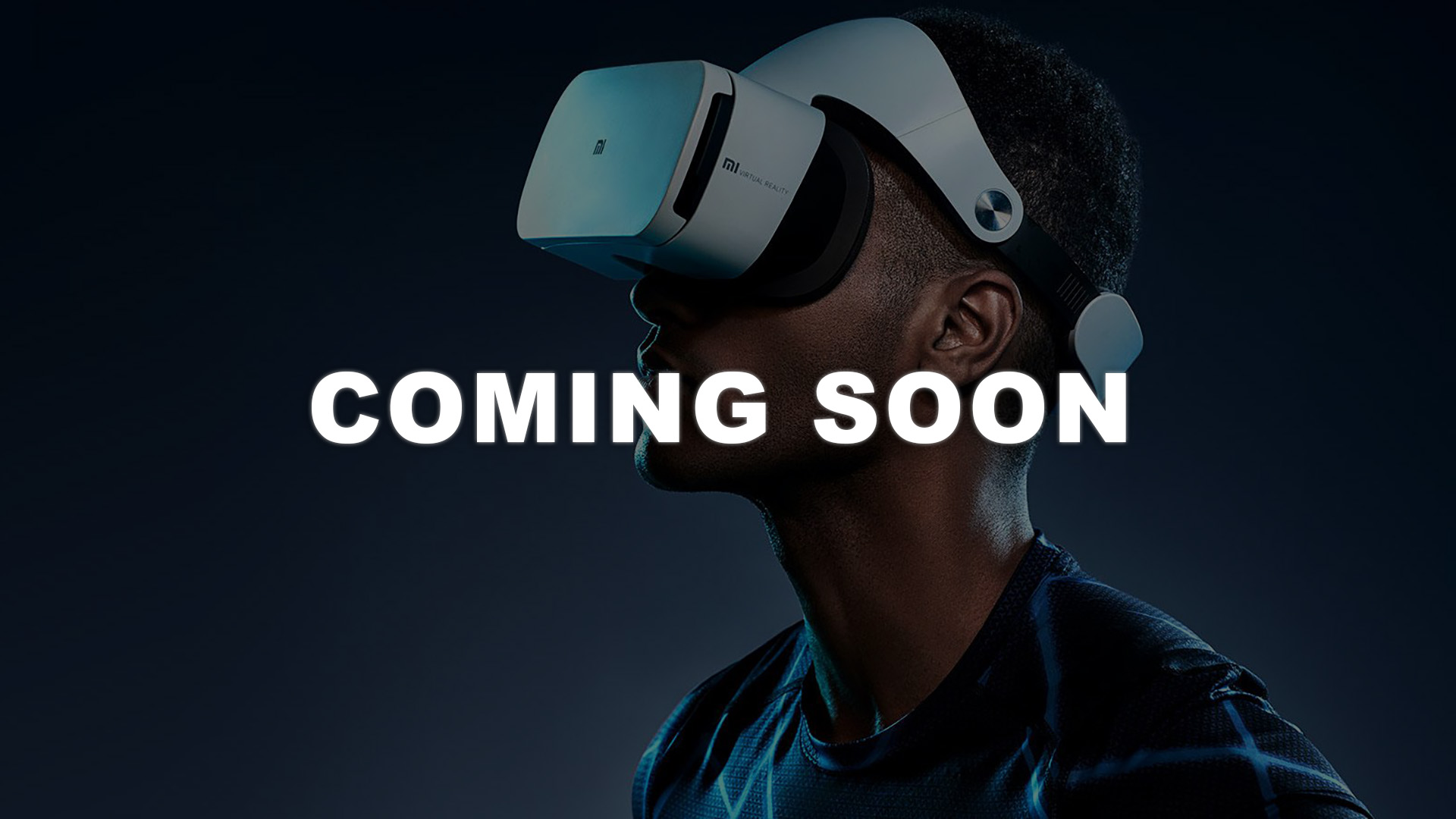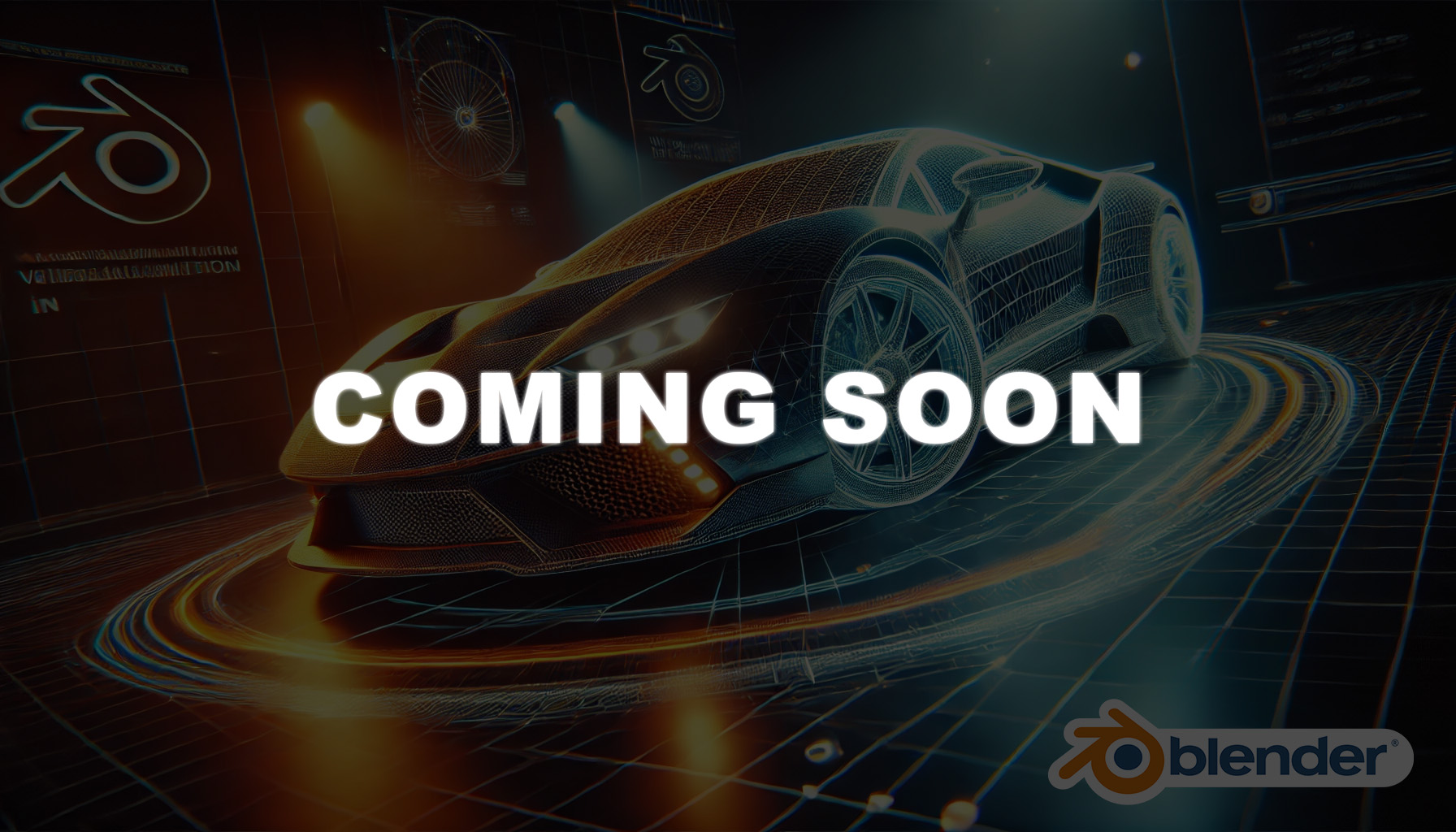
Introduction
Step into the immersive world of Virtual Reality (VR) with this comprehensive course designed for learners at all levels. Whether you’re a curious beginner or an aspiring VR developer, this course takes you on a structured journey from the fundamentals of VR to advanced development and deployment.
What You Will Learn
-
Fundamentals of VR
Understand the core principles of virtual reality, including history, terminology, and applications across industries. -
Hardware & Software Ecosystem
Explore VR headsets, sensors, and development tools such as Unity, Unreal Engine, and WebXR. -
Designing Immersive Experiences
Learn UX/UI principles for VR, spatial interaction techniques, and 3D environment creation. -
VR Development in Unity/Unreal
Gain hands-on experience developing interactive VR scenes and applications. -
Real-World Applications & Case Studies
Discover how VR is used in gaming, education, real estate, healthcare, training simulations, and more. -
Advanced Techniques
Dive into topics like VR optimization, physics interactions, multiplayer VR, hand-tracking, and AI integration. -
Publishing and Career Pathways
Learn how to publish VR applications on various platforms and build a career in the VR industry.
Who Should Take This Course
-
Beginners interested in VR technology
-
Developers looking to expand into immersive tech
-
Designers aiming to build spatial user experiences
-
Business professionals exploring VR for industry use
-
Students and educators in tech, gaming, or creative fields
Course Highlights
-
Step-by-step learning path from basic to advanced
-
Hands-on projects and real-world examples
-
Access to downloadable resources and templates
-
Lifetime access with updates on new VR trends
-
Certificate of completion
What Will You Learn?
- Understand the fundamentals and evolution of Virtual Reality technology
- Identify and set up various VR hardware and devices
- Navigate and use leading VR development platforms like Unity and Unreal Engine
- Create and optimize 3D environments and assets for VR experiences
- Design effective VR user interfaces and immersive interactions
- Develop basic to advanced VR applications with scripting and interactivity
- Implement spatial audio, haptics, and comfort-focused design principles
- Explore advanced VR topics like multiplayer, AI integration, and performance optimization
- Discover practical VR applications across gaming, education, healthcare, and real estate
- Prepare and publish VR projects on popular platforms such as Oculus Store and SteamVR
- Gain skills to build a career or launch projects in the VR industry
Course Curriculum
Module 1: Introduction to Virtual Reality
-
What is Virtual Reality? Definitions and concepts
-
History and evolution of VR technology
-
Types of VR: Fully immersive, non-immersive, AR, MR
-
Overview of VR hardware: headsets, controllers, sensors
-
Understanding VR environments and experiences
Module 2: VR Hardware and Setup
Module 3: Introduction to VR Software and Tools
Module 4: Fundamentals of VR Development
Module 5: Designing Immersive VR Experiences
Module 6: Advanced VR Development
Module 7: VR Applications and Industry Use Cases
Module 8: Deployment, Publishing, and Maintenance
Module 9: Capstone Project
Student Ratings & Reviews



